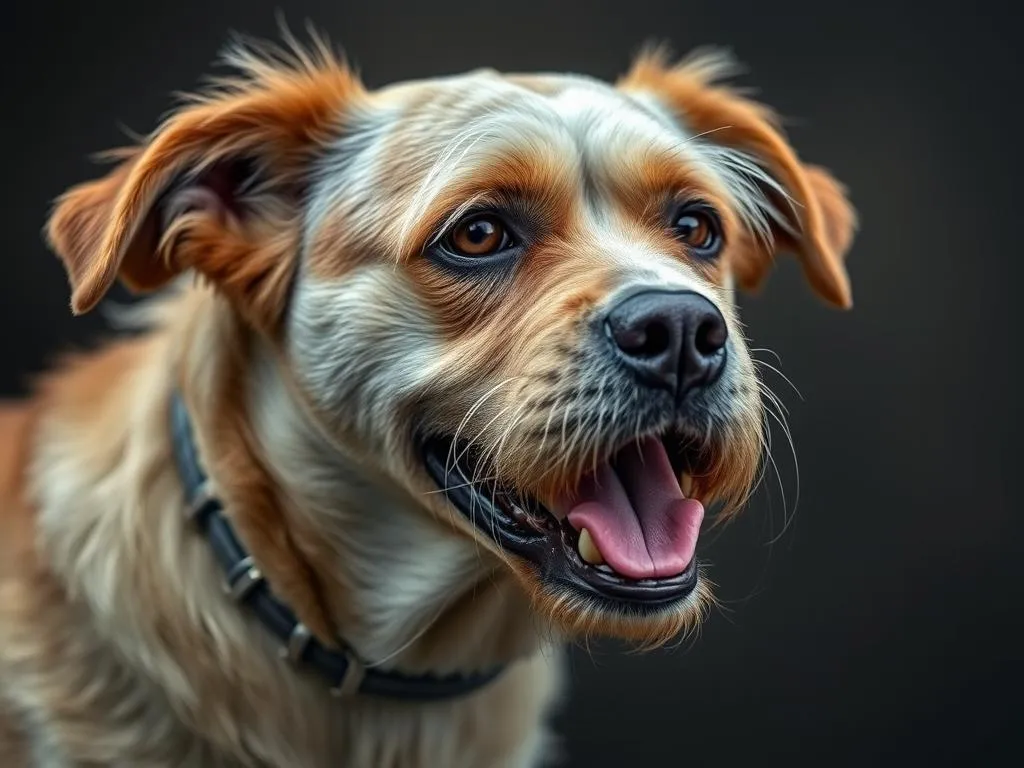
Choosing the right dog breed is crucial for seniors, as certain breeds may not align well with their lifestyle, health, and physical capabilities. Older adults often face unique challenges that can make some dog breeds less suitable. Factors such as energy levels, size, and temperament play significant roles in determining which breeds might be the worst dog breeds for seniors.
Understanding Senior Needs
Physical Health Considerations
As people age, they may experience mobility issues and physical limitations. Seniors might find it challenging to walk a large, energetic dog, or to manage a breed that requires vigorous exercise. Additionally, many seniors have allergies or other health concerns that can be aggravated by certain dog breeds.
Emotional and Psychological Factors
On the emotional side, companionship is vital for many seniors, helping to alleviate feelings of loneliness and depression. However, a dog that is overly demanding or energetic could add stress rather than providing comfort. Therefore, understanding these emotional and psychological factors is key when evaluating dog breeds.
Criteria for Evaluating Dog Breeds
Size and Space Requirements
The living situation of seniors often involves smaller spaces, which may not be suitable for larger dog breeds. A big dog can require more room to move and play, making it difficult for seniors who live in apartments or smaller homes.
Energy Levels and Maintenance Needs
Energy levels significantly affect the appropriateness of a dog breed for seniors. Active breeds may require more exercise than a senior can provide, leading to frustration for both the dog and owner. Additionally, grooming and maintenance needs can be taxing for seniors, especially if they have physical limitations.
Temperament and Behavior
Temperament is crucial in determining a dog’s suitability for seniors. Breeds that are aggressive, overly hyper, or challenging to train can pose difficulties. A dog’s ability to get along with others and its overall demeanor should be carefully considered.
Overview of the Worst Dog Breeds for Seniors
There are several dog breeds that are generally not recommended for seniors due to their specific characteristics. Here’s a closer look at some of these breeds and the reasons they may be less suitable.
High-Energy Breeds
Border Collie
Border Collies are renowned for their intelligence and energy levels. They require significant exercise and mental stimulation, making them a poor match for seniors who may not be able to meet these demands. Their high energy can lead to destructive behavior if not adequately exercised.
Australian Shepherd
Similar to Border Collies, Australian Shepherds are highly energetic and intelligent dogs. They thrive in active environments and need regular exercise to stay happy. Seniors may struggle to provide the necessary activity level for this breed.
Large Breeds
Great Dane
While Great Danes are known for their gentle nature, their sheer size can pose challenges for seniors. Managing a dog of this size can lead to physical strain, especially in terms of walking or handling during vet visits.
Mastiff
Mastiffs are another large breed that may not be ideal for seniors. Their size and strength can be overwhelming, and they often require a firm hand in training. Seniors may find it difficult to control a Mastiff, particularly if it becomes stubborn.
Difficult Temperament Breeds
Rottweiler
Rottweilers are strong and protective dogs, but they can also exhibit aggressive tendencies if not properly socialized. This breed may pose a challenge for seniors who may not have the strength or ability to manage an aggressive dog.
Chow Chow
Known for their stubbornness, Chow Chows can be difficult to train. Their aloof nature may not provide the companionship that many seniors seek, and their independence can lead to behavioral issues if not managed correctly.
High-Maintenance Breeds
Afghan Hound
Afghan Hounds are stunning dogs, but they come with high grooming needs. Their long, flowing coats require regular maintenance, which can be a burden for seniors who may struggle with grooming tasks.
Shih Tzu
While Shih Tzus are small and often affectionate, they can also be high-maintenance. Their grooming requirements and potential health issues may be overwhelming for seniors, making them less suitable for this demographic.
Alternative Dog Breeds More Suitable for Seniors
Not all dog breeds are unsuitable for seniors. There are several breeds that tend to be better matches due to their temperament, size, and energy levels.
Small Breeds
Pug
Pugs are small, affectionate dogs that thrive on companionship. Their relatively low energy levels make them an ideal choice for seniors who may not be able to engage in vigorous exercise. Pugs are known for their playful yet calm demeanor, making them excellent companions.
Bichon Frise
Bichon Frises are cheerful and playful small dogs that require moderate exercise. Their friendly nature and low-shedding coat make them suitable for seniors with allergies. They are easy to groom and maintain, making them a good choice for older adults.
Low-Energy Breeds
Cavalier King Charles Spaniel
Cavalier King Charles Spaniels are known for their gentle and affectionate nature. They enjoy cuddling and companionship, requiring only moderate exercise. Their friendly disposition makes them great companions for seniors looking for a loving pet.
Shih Tzu
Despite being mentioned earlier for their high maintenance, Shih Tzus can be suitable for seniors when matched with the right lifestyle. Their affectionate nature and small size make them cozy companions, provided their grooming needs are manageable for the owner.
Affectionate and Loyal Breeds
Labrador Retriever
Labrador Retrievers are known for their friendly and tolerant nature. They are easy to train and adapt well to various lifestyles. While they do require exercise, their loyal and loving disposition makes them a great match for many seniors seeking companionship.
Golden Retriever
Golden Retrievers share many characteristics with Labradors, including their friendly demeanor and intelligence. They are generally well-behaved, loyal, and trainable. Their affectionate nature makes them wonderful companions for seniors.
Tips for Seniors Considering Dog Ownership
Assessing Personal Lifestyle and Capabilities
Before bringing a dog into their lives, seniors should evaluate their daily routines and activity levels. Understanding how much time they can dedicate to a pet will significantly influence the type of breed they should consider.
Seeking Assistance and Support
Seniors may benefit from seeking assistance with dog care. Family members, friends, or pet sitters can provide help with walking, grooming, or even training, making dog ownership more manageable.
Understanding Adoption and Breeder Options
When considering dog ownership, seniors should be mindful of the importance of adopting from shelters or reputable breeders. Many breeds in shelters may fit better with a senior’s lifestyle, and adopting can provide a loving home to a dog in need.
Conclusion
Choosing the right dog breed is essential for seniors, particularly to ensure a harmonious and fulfilling companionship. The worst dog breeds for seniors often include those that require high energy, are large in size, or have difficult temperaments. It’s vital to consider personal lifestyle, physical capabilities, and emotional needs when selecting a dog. The joy of dog ownership can greatly enhance a senior’s quality of life, provided the breed aligns well with their unique situation.









